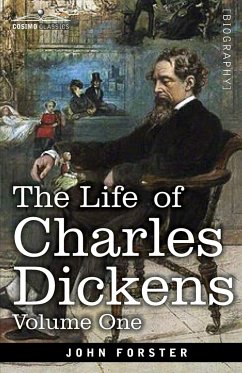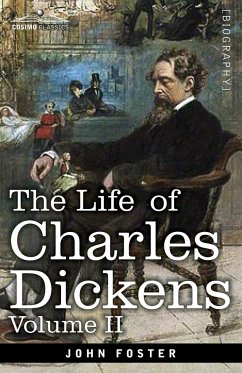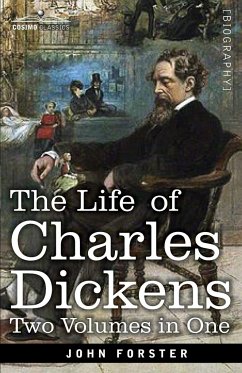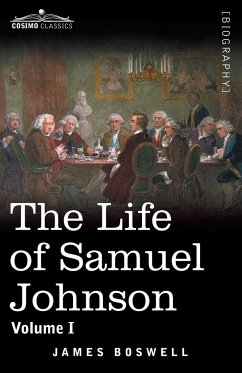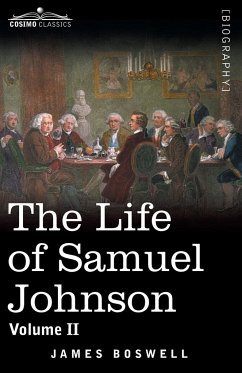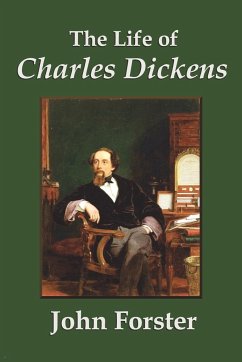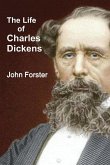"...Dickens was moved or inspired by the rough lessons of his boyhood, and the groundwork of the character was undoubtedly laid; but the rhetorical exuberance impressed itself upon him later, and from this as it expanded and developed in a thousand amusing ways, the full-length figure took its great charm." -John Forster, The Life of Charles Dickens, Volume I (1872) The Life of Charles Dickens, Volume I (1872) focuses on the English author's life from 1812-1842. Written by Dickens' close friend and advisor John Forster, the biography provides intimate details on the development of some of the greatest fictional characters in literary history, such as David Copperfield, Nicholas Nickleby, and Oliver Twist, as well as insights into Dickens' personal life. This biography of the classic novelist is a must-read for fans of Dickens' characters and stories, English literature, and 18th century history.
Hinweis: Dieser Artikel kann nur an eine deutsche Lieferadresse ausgeliefert werden.
Hinweis: Dieser Artikel kann nur an eine deutsche Lieferadresse ausgeliefert werden.

